%5 - Murat Germen's exhibit on HEPP's & water rights / 25.03-25.04.2015
%5
Murat Germen
Turkey has proved to be one of the fast developing countries until the end of 2013. The economic boom, that started to stagnate by the beginning of 2014, was accompanied by a very large construction activity. Turkey is a country where major earthquakes took / still take place. The new intense construction activity was called “urban transformation” by the government and the claim was to replace the worn building stock that cannot survive strong earthquakes. As the transformation developed, it turned out this building activity was more meant for excessive profit and not better urban environments.
Cities of high historical significance like Istanbul were affected by this fierce, ruthless construction activity. The skylines of various neighborhoods in Istanbul started to be disrupted by high-rise buildings; some communal green areas were relentlessly sacrificed for inhumane housing projects.
The same government, which laid the foundations to the profit and corruption based construction, also allowed many private companies (that are very well connected to the state through bribing) initiate many hydro electric power plant (HEPP) projects all around Turkey. The strategy is the same: Start tens of projects concurrently at once, including illegal attempts, so that activists who are the only ones to protect the nature can obstruct only a few, due to time and budget limitations. In addition, the unnecessary and superfluous number of HEPP constructions causes excessive man-made transformation and damage in nature, therefore leads to natural disorder.
The government claims that all these HEPPs are built for the energy need of the economically growing country. Yet, activists claim that energy that is collected from HEPPs all around Turkey will constitute a maximum of %5 of the total energy need in the country. This is why activists are convinced that HEPPs are aimed for privatization of water rights, and not energy production. Documentary film titled “Bottled life” which focuses on Nestlé, currently controlling more than 70% of the world’s bottled water brands, supports this assertion.
Next wars will be fought over water, not oil.
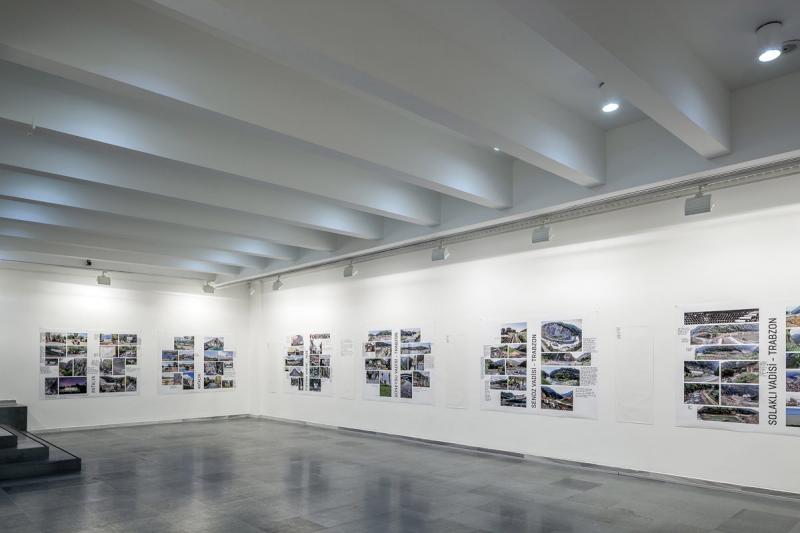
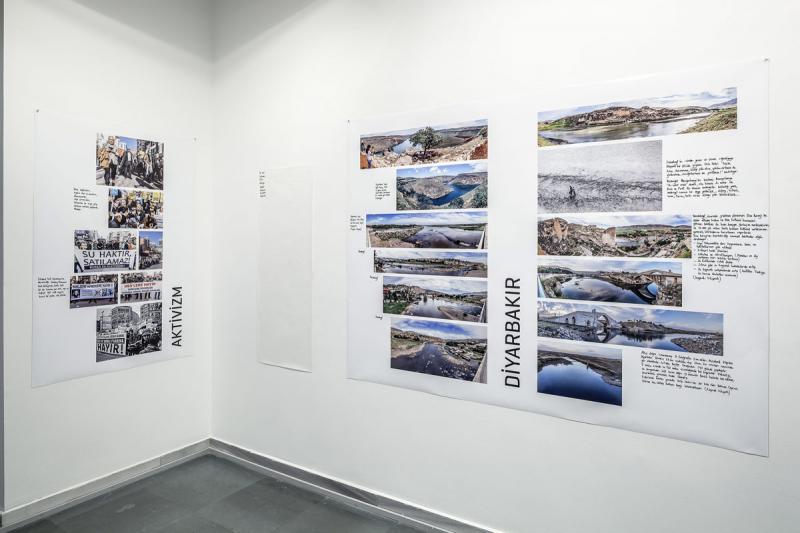
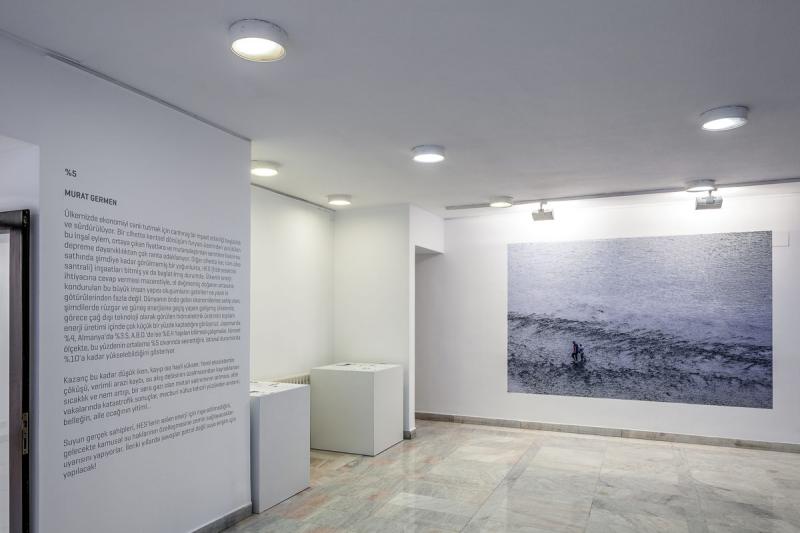
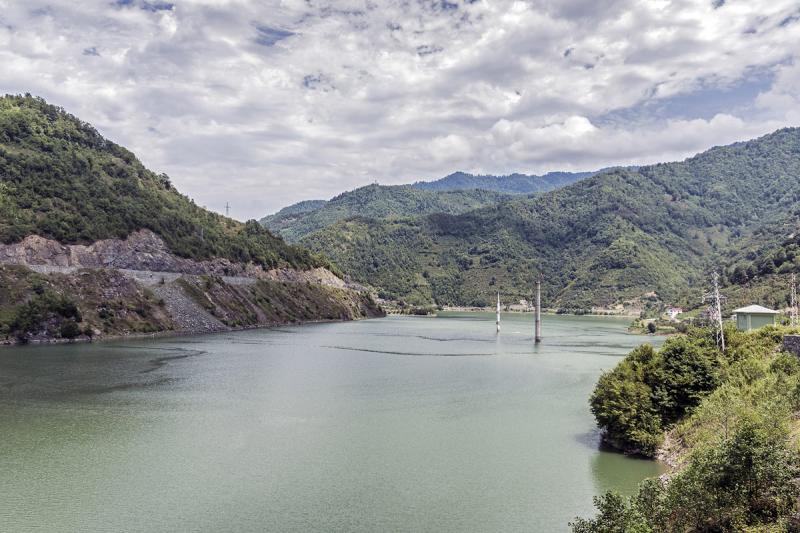
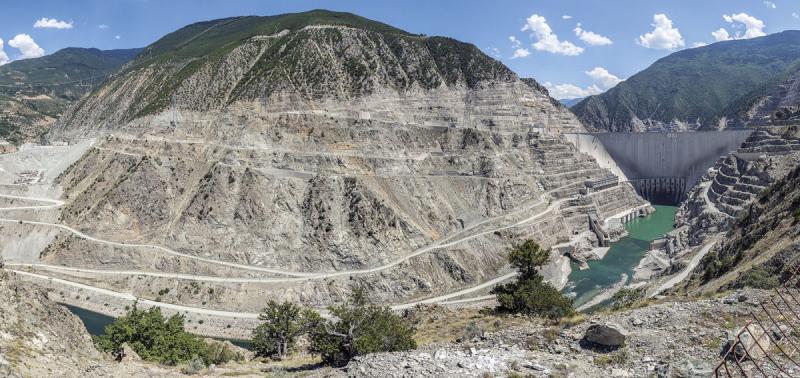
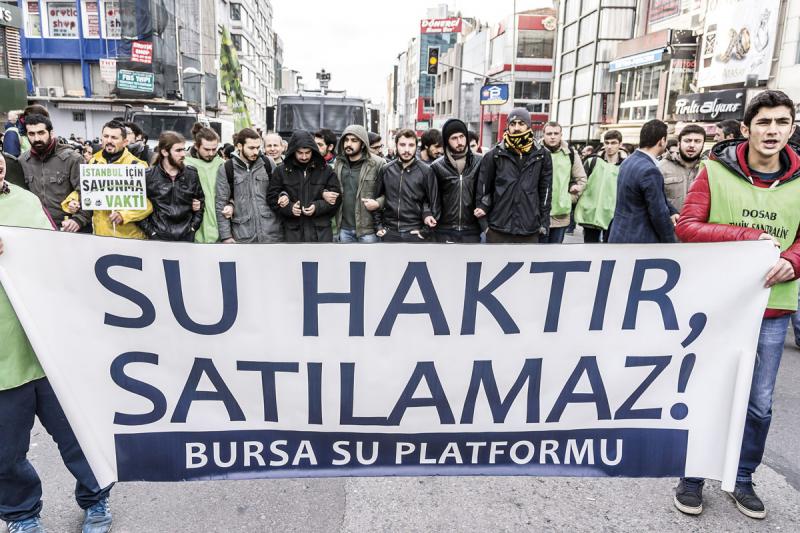
Rivers will flow for life, not for profit!
Akgün İlhan
“Rivers are born out of the summits of mountains; as they flow towards the seas, they add to themselves a piece of everywhere they pass and everything they touch. Rivers don’t only carry objects, but the cultures they pass through on their journey as well. Neither is the water of the Tigris the same as the Ergene, nor, as Heraclitus said, can one wash in the same river, twice. When they reach the seas, rivers are no longer merely water, but have become one with all of that which exists in life, and have become life itself. The freer rivers are to flow, the more life they impart.”
However, the streams around which we’ve built our villages can no longer reach their rivers because of more than one thousand hydroelectric power plants. These hydraulic structures which convert the source of life, water, to the raw material of energy, have irretrievably buried under water hundreds of ancient settlements like Zeugma and Allianoi, which enlighten human history and represent our last ties to our past. The same fate awaits Hasankeyf, with its 12 thousand seamless years of history. Those who live in the countryside have had their water and soil seized, and villagers who add their toil to nature, become labourers risking their lives and working for mere sustenance in mineral mines, factories and construction. Incomparable ecosystems which survive due to hundreds of white waters such as the Tigris, Çoruh, Şenoz, Alakır, and Munzur rivers, are subverted with the construction of thousands of hydroelectric power plants. With the excuse of meeting the country’s energy demands, these massive man-made constructs in the middle of previously untouched nature, alas, do not compensate for what they destroy.
As developed countries with advanced economies are currently transitioning to wind and solar energy, we observe that hydroelectric energy production, seen as a relatively outdated technology, occupies a very small percentage of overall energy production. Scientific studies conducted have shown that on a global scale, this rate hovers at around approximately 5%.
While gains are so minimal, the loss is significant: the collapse of the local ecosystem, loss of fertile land, increase in warmth and humidity attributable to a lessening in the mass flow rate of water, the increase in methane emission which is a greenhouse gas, catastrophic results of disasters, the loss of memories, hearth and home due to forced migrations of populations…
The rivers around which we’ve built our cities have transformed into either open waste water channels or dried stream beds. With industrialization, hundreds of rivers like the Tyburn River in London, the Saw Mill River in New York, and the Bova-Celato River in Bresica, Italy have been flowing for decades in massive underground conduits, far from sight and sunlight.
Lifelines of the planet such as the Amazon, Nile, Danube and Yangtze rivers are subject to a common, dominant understanding of disregard for life and sanctity of economic profit. Our rivers are not being used to meet the vital needs of humans and other living things, but are being shackled and suffocated for the purposes of energy, packaged water, industrial agriculture and to meet the construction sector’s increasing demand for water. Our basins are becoming putrefied. The right to water of all living things and future generations is being usurped. The right to water, of rivers themselves, is being usurped. The deadliest injustice in history is enslaving the planet. The more rivers are shackled to dams and hydroelectric power plants, the more they are confined to pipes and tunnels, the more death they spread.
Those who wage a struggle to see once again rivers flowing freely, touching soil and giving life, those who journey to find lost rivers, share this. Societal movements for ecological justice and true democracy are dependent on the movement of water, the flow of life is dependent on the flow of rivers. People are dependent on the rising struggle for the right to water, and the rivers on the seas…”